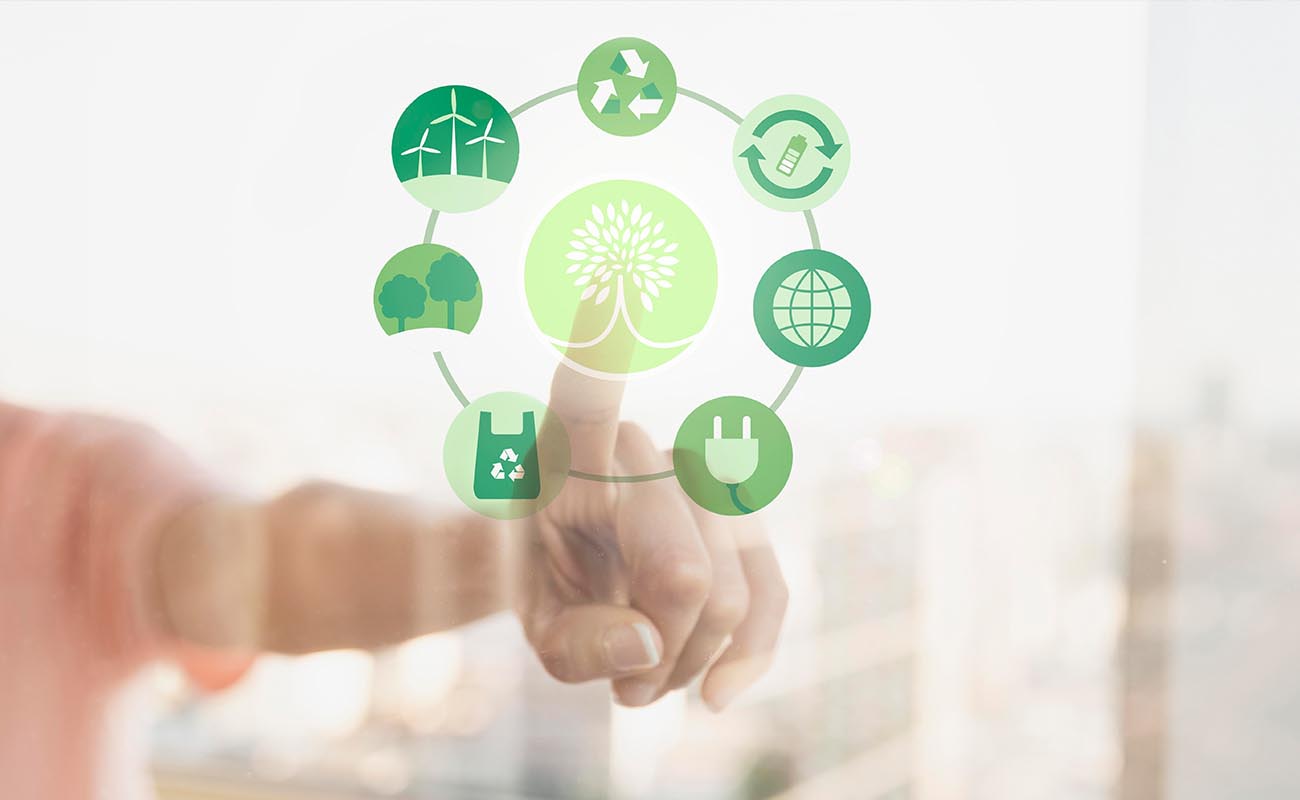How FIBC Bags Contribute To Sustainable And Environmentally Friendly Bulk Material Transport
In today’s global economy, the efficient transport of bulk materials is crucial for various industries. FIBC bags or bulk bags, have emerged as a sustainable and environmentally friendly solution for transporting bulk materials. These bags offer numerous advantages over traditional packaging methods. This is what makes them an increasingly popular choice among businesses seeking to reduce their environmental footprint.
FIBC bags contribute to sustainable and environmentally friendly bulk material transport. Let us see how.
- Reusability and Durability
FIBC bags are designed for multiple uses, making them an excellent alternative to single-use packaging materials. These bags use durable woven polypropylene fabric, which can withstand the rigors of transporting bulk materials. Unlike one-time-use packaging options, one can use FIBC bags multiple times, reducing waste generation and conserving resources. Their durability and long lifespan significantly contribute to sustainable practices, as fewer bags are needed.
- Waste Reduction
Using FIBC bags helps minimize waste generation throughout the bulk material supply chain. By replacing traditional packaging methods such as small sacks or boxes, FIBC bags significantly reduce the amount of packaging waste produced. Moreover, the design of these bags allows for efficient loading and unloading, reducing the risk of spills or material loss during transport. It minimizes waste, enhances safety, and reduces the need for cleanup, further benefiting the environment.
- Lightweight and Space-Efficient
FIBC bags are lightweight compared to alternative packaging options, such as drums or rigid containers. This lightweight nature enables transporting more bulk material while using fewer resources.
Additionally, FIBC bags are collapsible and fold when empty, occupying minimal space during storage and return transport. The reduced weight and efficient space utilization lowers fuel consumption and greenhouse gas emissions, making FIBC bags an environmentally friendly choice for bulk material transport.
- Recyclability
FIBC bags predominantly use polypropylene, a thermoplastic polymer that can be recycled. After the end of their useful life, one can collect these bags, clean them, and process them into new plastic products or use them as raw material for other applications. The recyclability of FIBC bags ensures that one can repurpose them rather than end up in landfills or polluting the environment. Proper disposal and recycling of FIBC bags further enhance their contribution to sustainable bulk material transport.
- Versatility and Customization
It is available in various sizes, designs, and configurations to suit diverse bulk material transport requirements. The versatility and customization options allow businesses to optimize their packaging solutions, minimizing waste and maximizing efficiency. Whether for powders, granules, or other bulk materials, FIBC bags meet specific industry needs, reducing the need for additional packaging materials and optimizing the use of resources.
Why opt for Rishi FIBC
We have proven invaluable assets for sustainable and environmentally friendly bulk material transport. Through their reusability, durability, waste reduction, lightweight design, recyclability, and versatility, these bags offer a holistic solution that benefits both businesses and the environment.
By adopting these bags, businesses can contribute to a greener future while optimizing their supply chains and reducing costs.







